'One of England’s finest private houses' is for sale at £18m in one of its 'most beautiful and unspoilt corners'
Penny Churchill takes a look at Pythouse and its surrounding estate in south Wiltshire, for sale at £18 million.
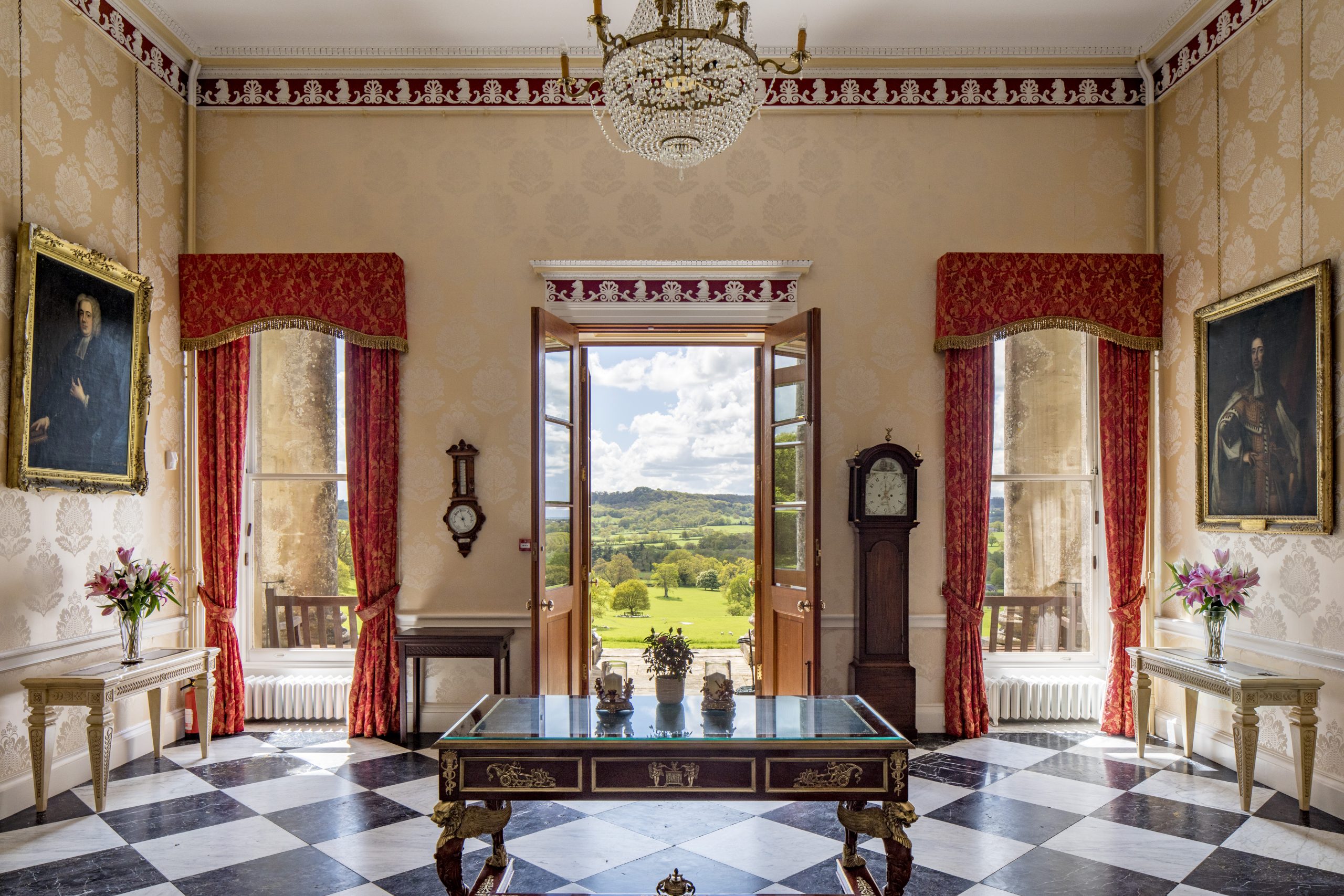
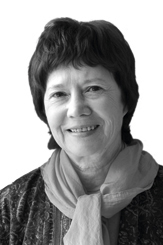
A truly rare property is for sale near the village of Tisbury in south Wiltshire, within the rural parish of West Tisbury, some seven miles northeast of Shaftesbury and four miles east of East Knoyle. The Pythouse Estate, centred around the great country house at its heart, is one of England’s most beautiful and unspoilt corners, where rolling hills, woods, lakes and a rich variety of architecture diversify the landscape. It’s currently for sale at £18 million via Knight Frank.
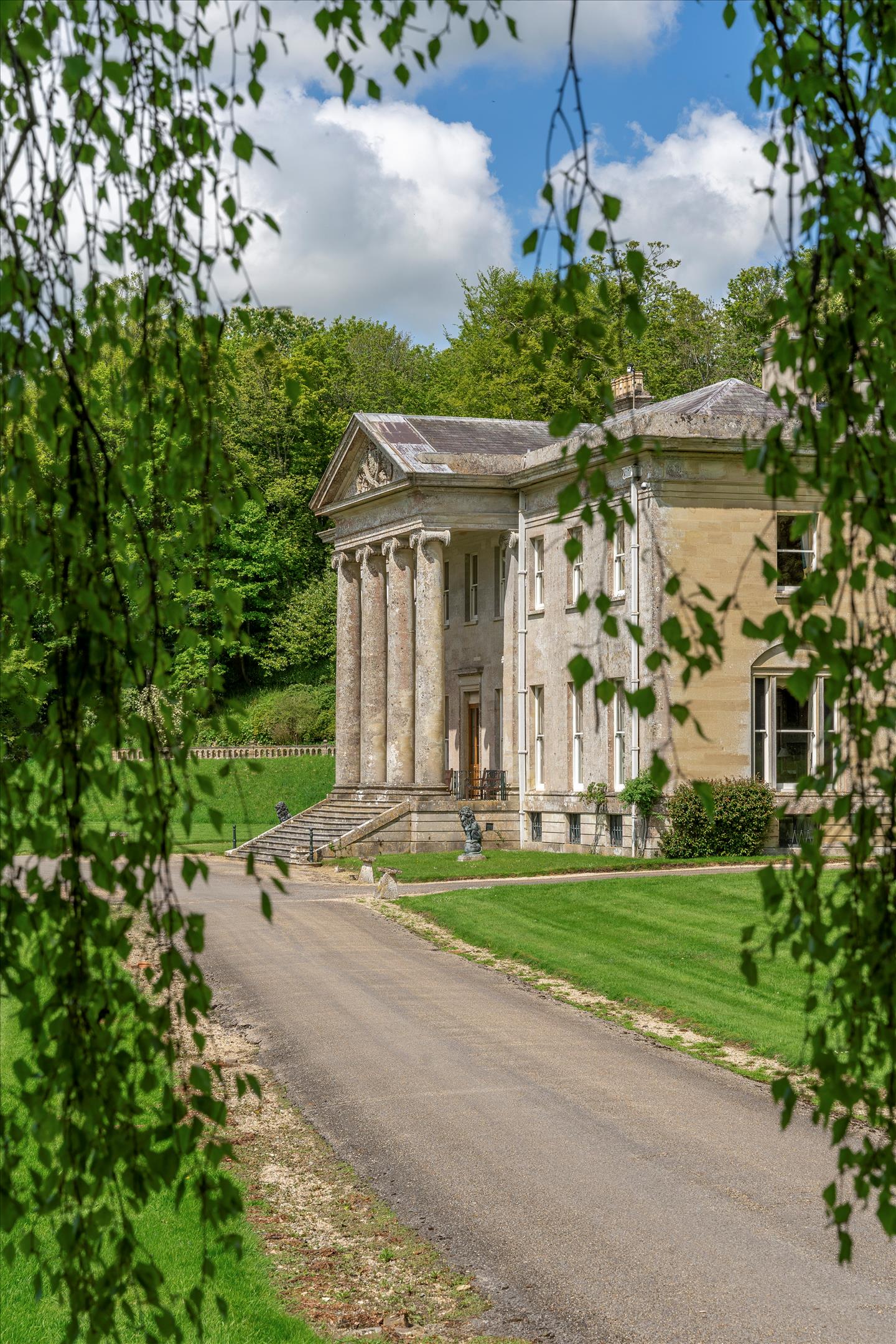
The focal point of the estate is Grade II*-listed Pythouse itself, an imposing, early Georgian country house originally built in the 1720s. This splendid neo-Grecian mansion — described by the 0agents as 'one of the finest privately-owned country houses in the South of England' — boasts some 38,680sq ft of internal floor space on three floors.
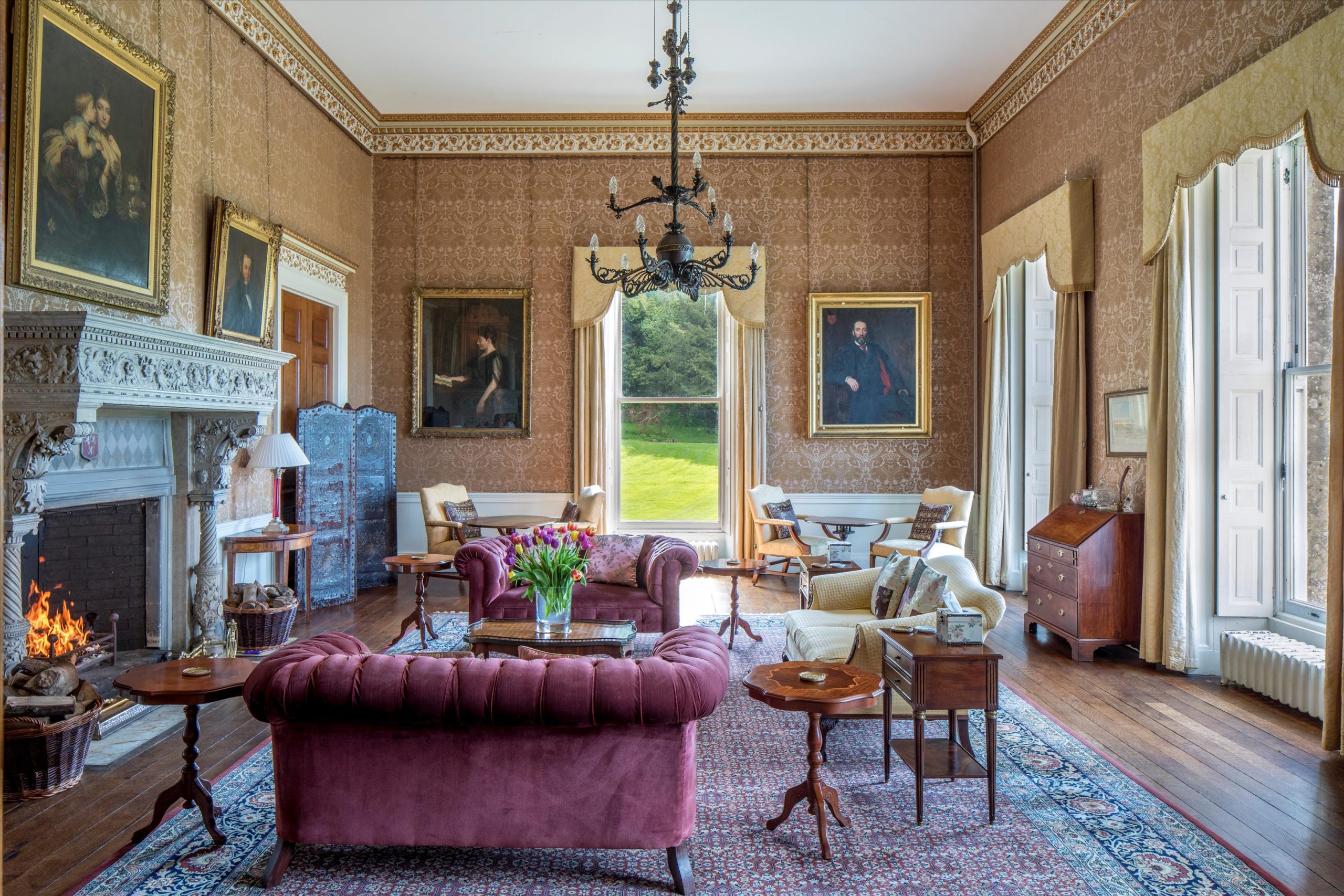
There is an impressive range of state rooms, 16 principal bedroom suites, two staff apartments and extensive cellars — a huge amount of space, and indeed the present owners (who have used Pythouse mainly as a second home) are now looking to downsize.
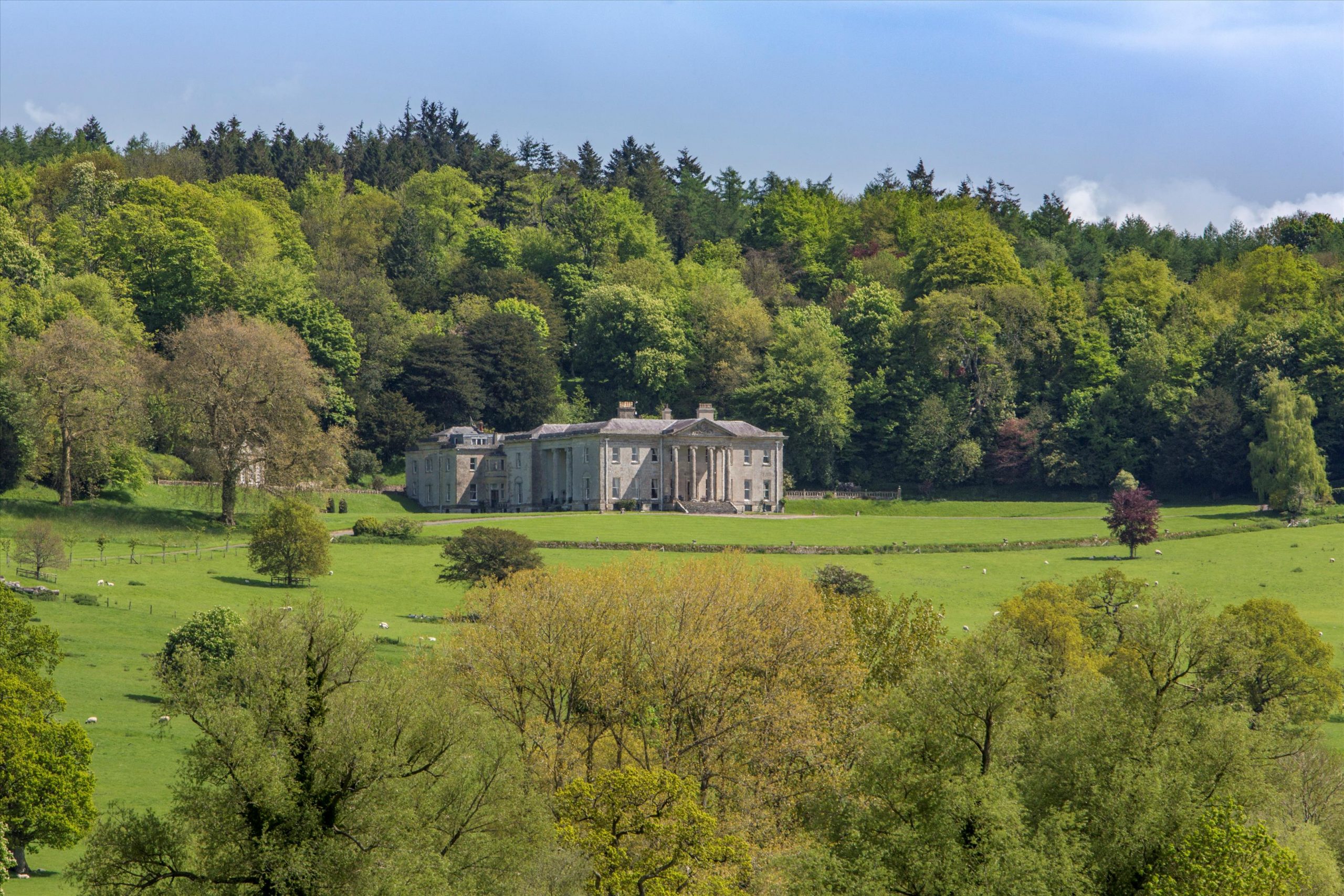
Pythouse was orginally built by Thomas Benett, who, according to John Martin Robinson (writing in Country Life on January 6, 2005) ‘came from a line of architecturally minded squires who had owned Pythouse since the 16th century’.
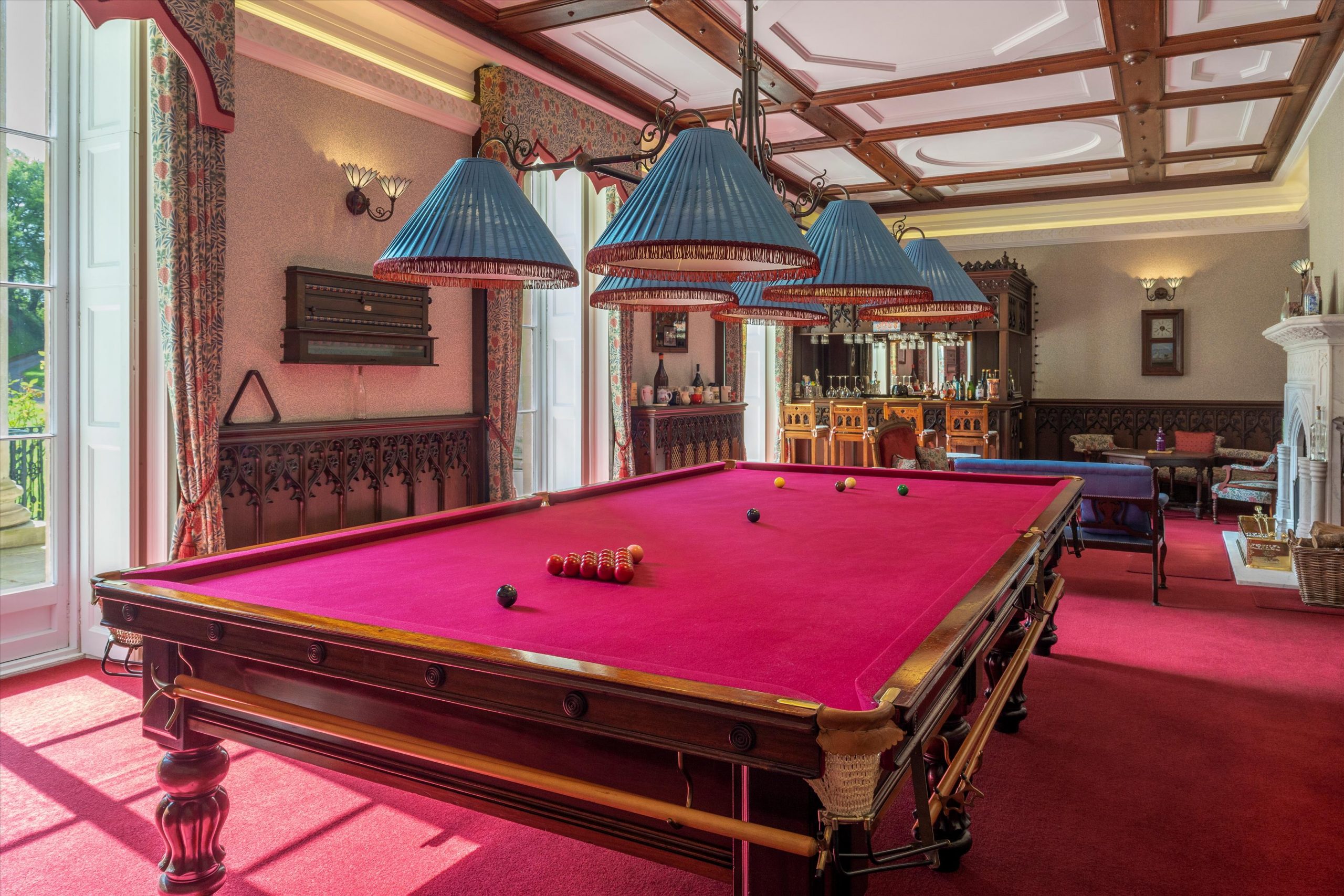
Over a three-year period from 1802–05, his grandson, John Benett, who succeeded in 1797 aged 24, rebuilt the house, still in the Anglo-Palladian style, but with neo-Classical detailing, including Greek Ionic for the portico and loggia columns, and tripartite Wyatt windows in the side elevations.
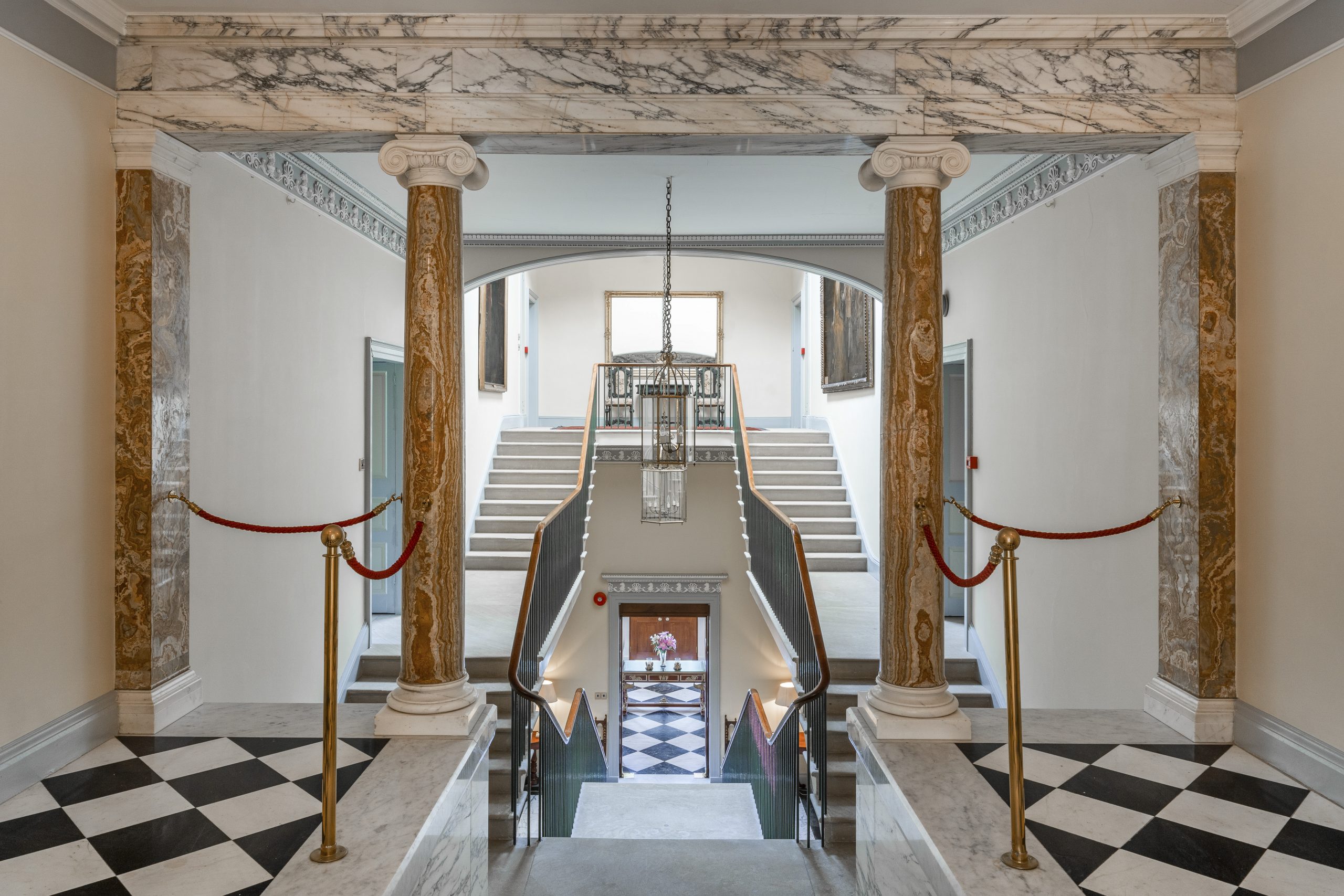
Much of the architectural impact of Pythouse derives from its magnificent setting on high ground and the carefully designed landscape of the hillside park. Benett’s father had made this possible by selling off land elsewhere to fund the expansion and consolidation of the Pythouse estate.
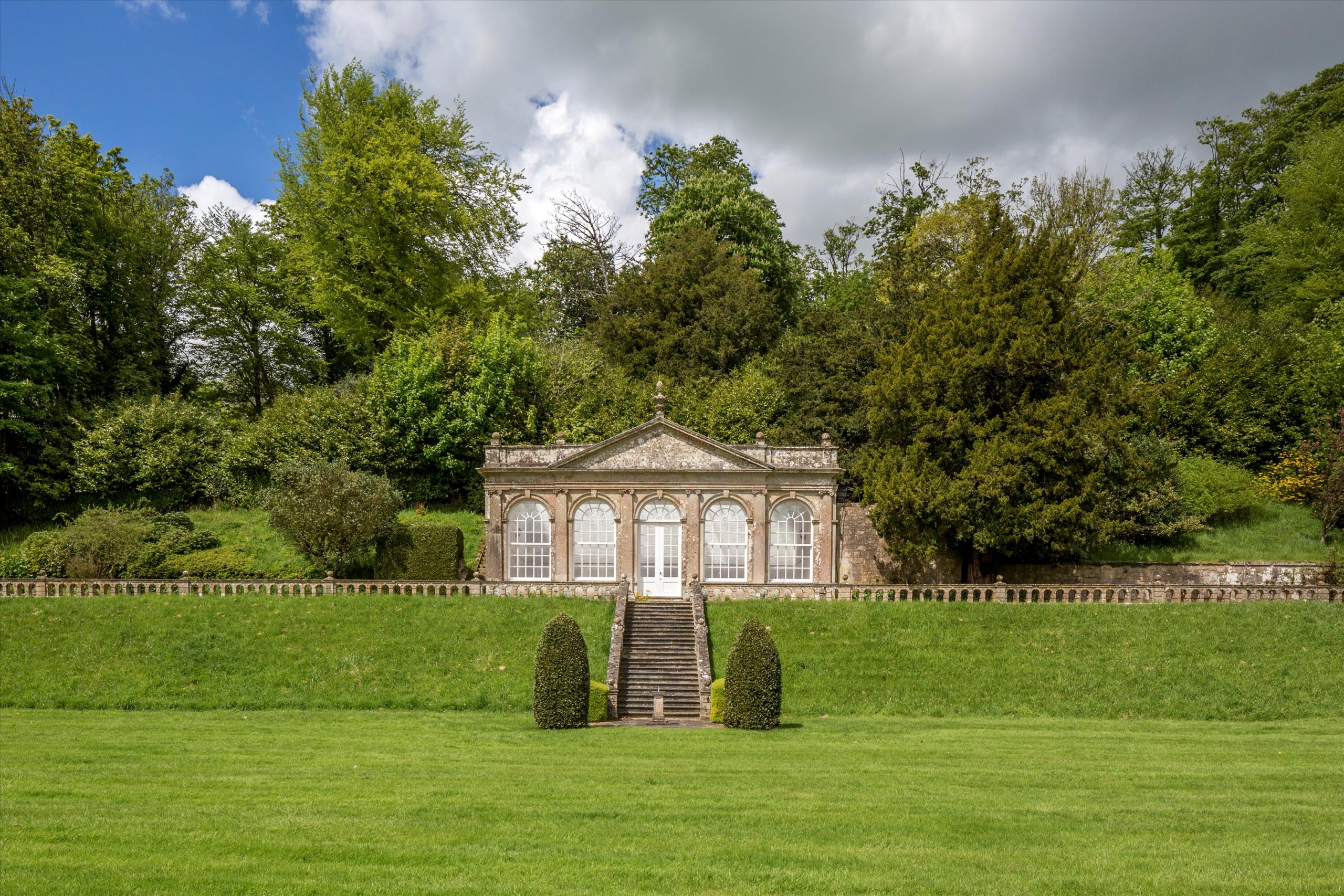
The house was little changed in the early 20th century, and when Evelyn Benett, the widow of Jack Benett, its last owner, died in 1957 with no surviving children, Pythouse was acquired by the Mutual Households Association, later the Country Houses Association (CHA), which repaired the house and converted it to apartments for retired gentlefolk.
Sign up for the Country Life Newsletter
Exquisite houses, the beauty of Nature, and how to get the most from your life, straight to your inbox.
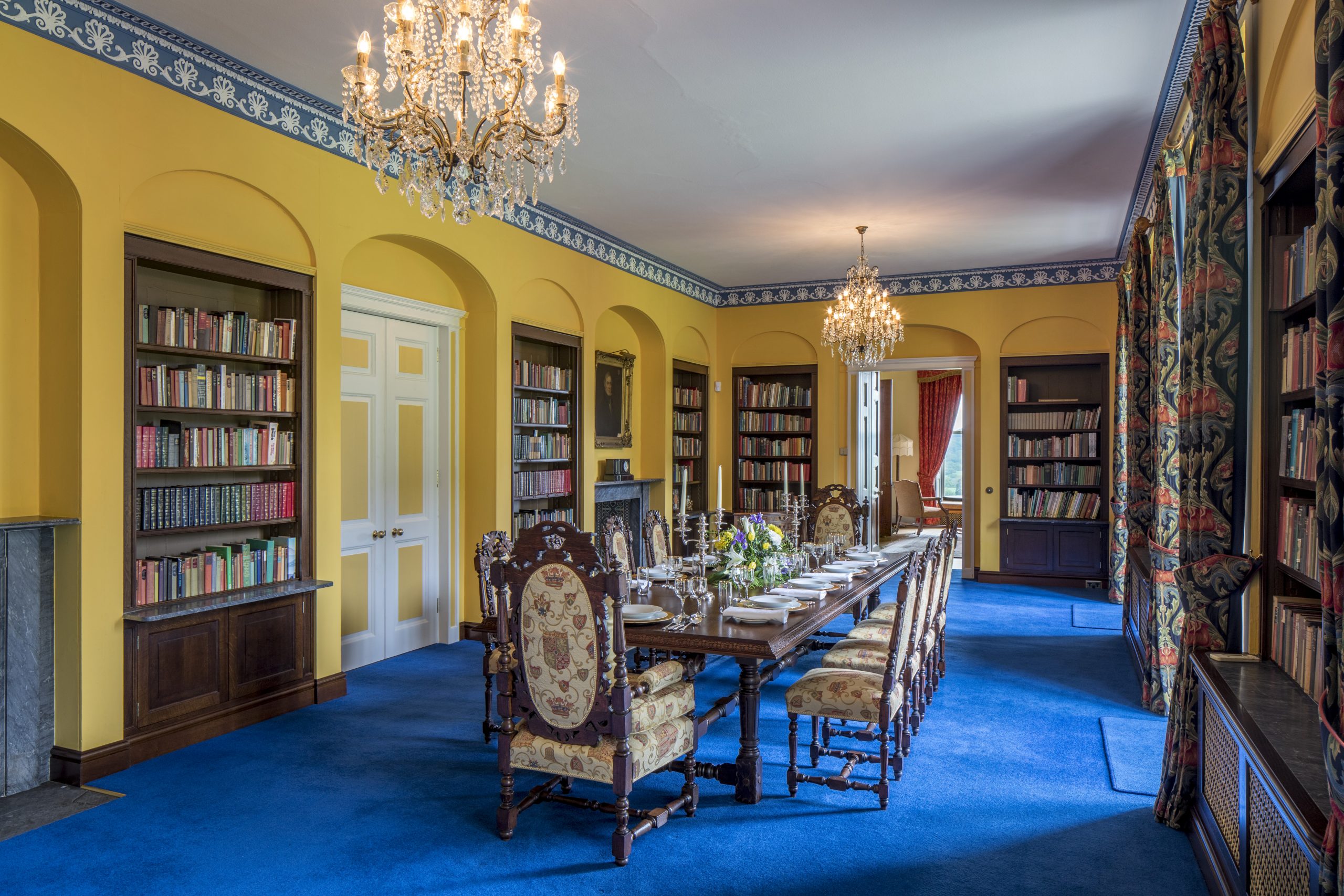
Half a century later, the CHA was in financial trouble, and, in early 2004, Sir Henry Rumbold, the owner of the estate, exercised his option to acquire Pythouse so that house and park could be put together again and sold as a residential estate. That same year, Pythouse, set in some 93 acres of mature parkland and farmland, was acquired by the current owners, who have carried out a substantial programme of works throughout the house, which still has potential for further improvement.
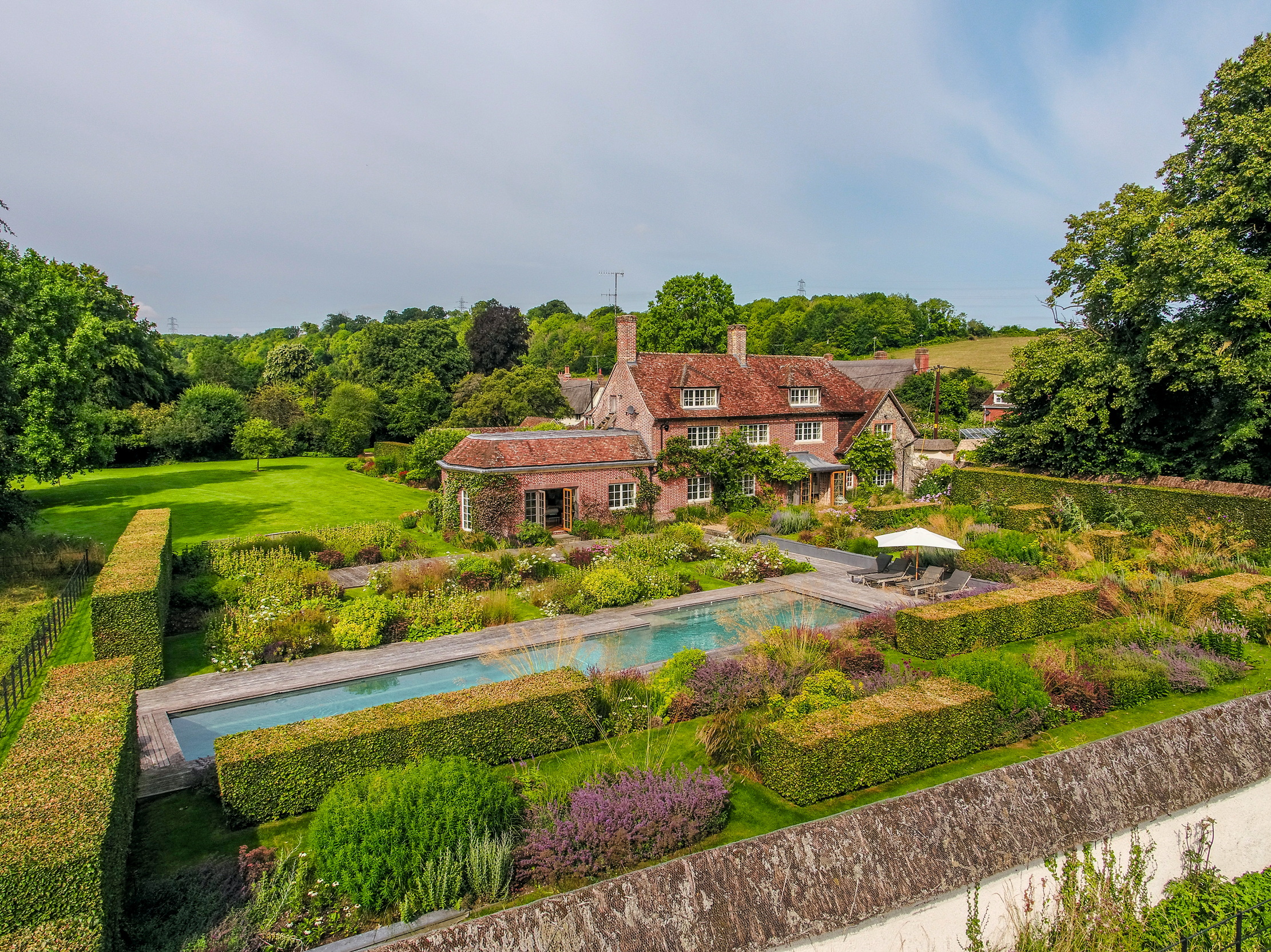
Credit: Strutt and Parker
Best country houses for sale this week
An irresistible West Country cottage and a magnificent Cumbrian country house make our pick of the finest country houses for
-
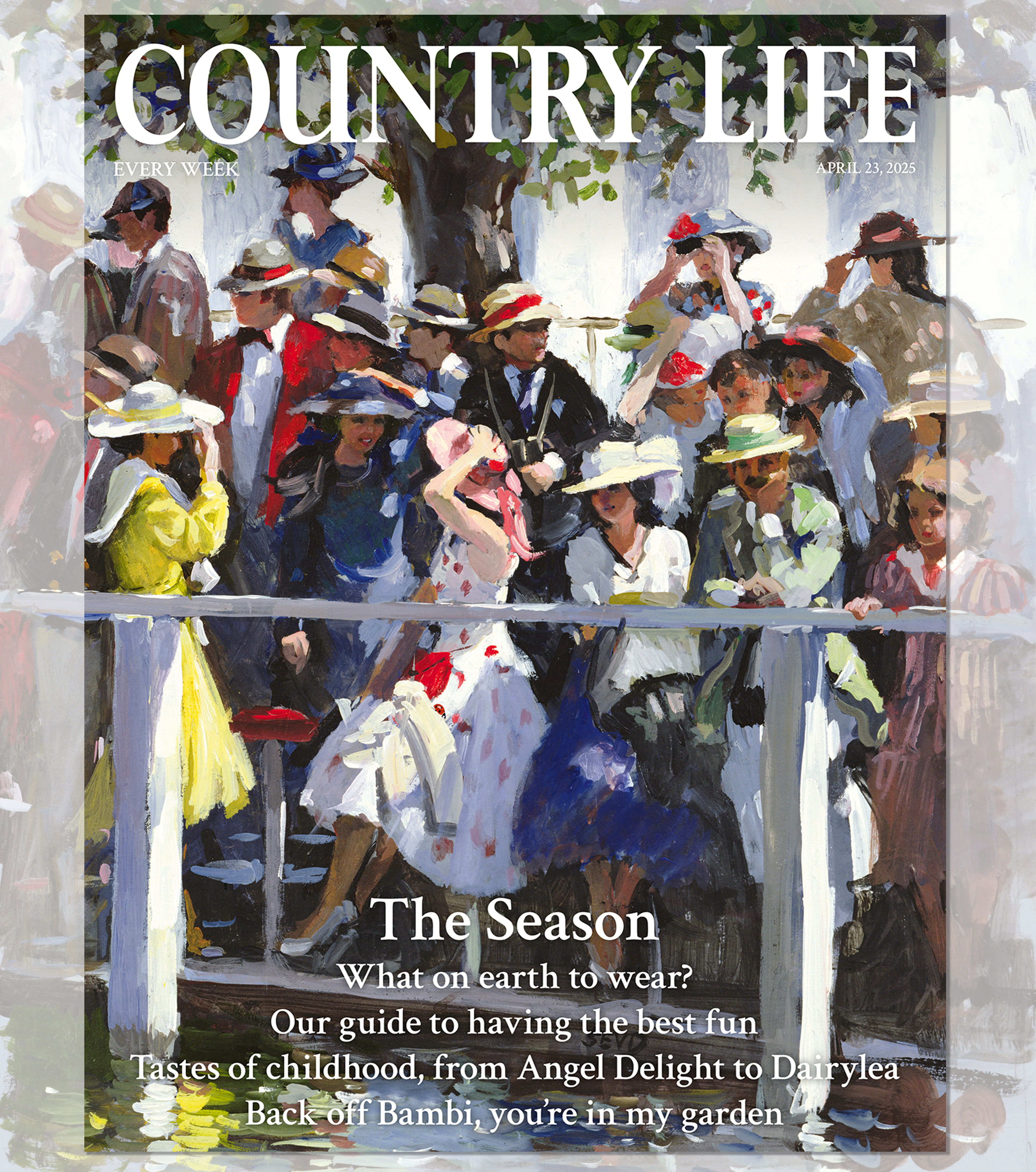 Country Life 23 April 2025
Country Life 23 April 2025Country Life 23 April 2025 looks at how to make the most of The Season in Britain: where to go, what to eat, who to look out for and much more.
By Toby Keel Published
-
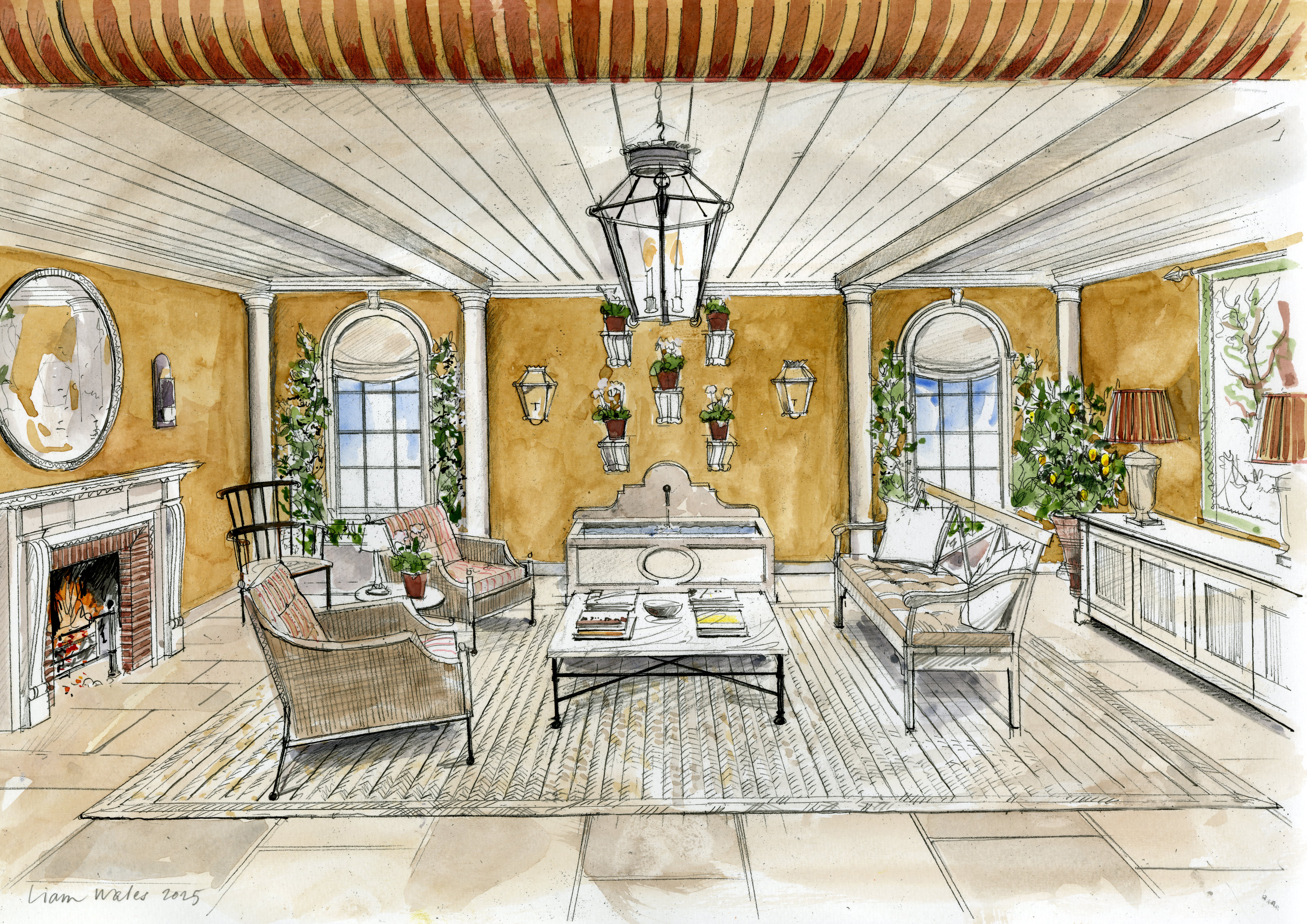 The big reveal: A first look at Country Life's RHS Chelsea Flower Show stand
The big reveal: A first look at Country Life's RHS Chelsea Flower Show standInterior designer Isabella Worsley reveals her plans for Country Life’s ‘outdoor drawing room’ at this year’s RHS Chelsea Flower Show.
By Country Life Published
-
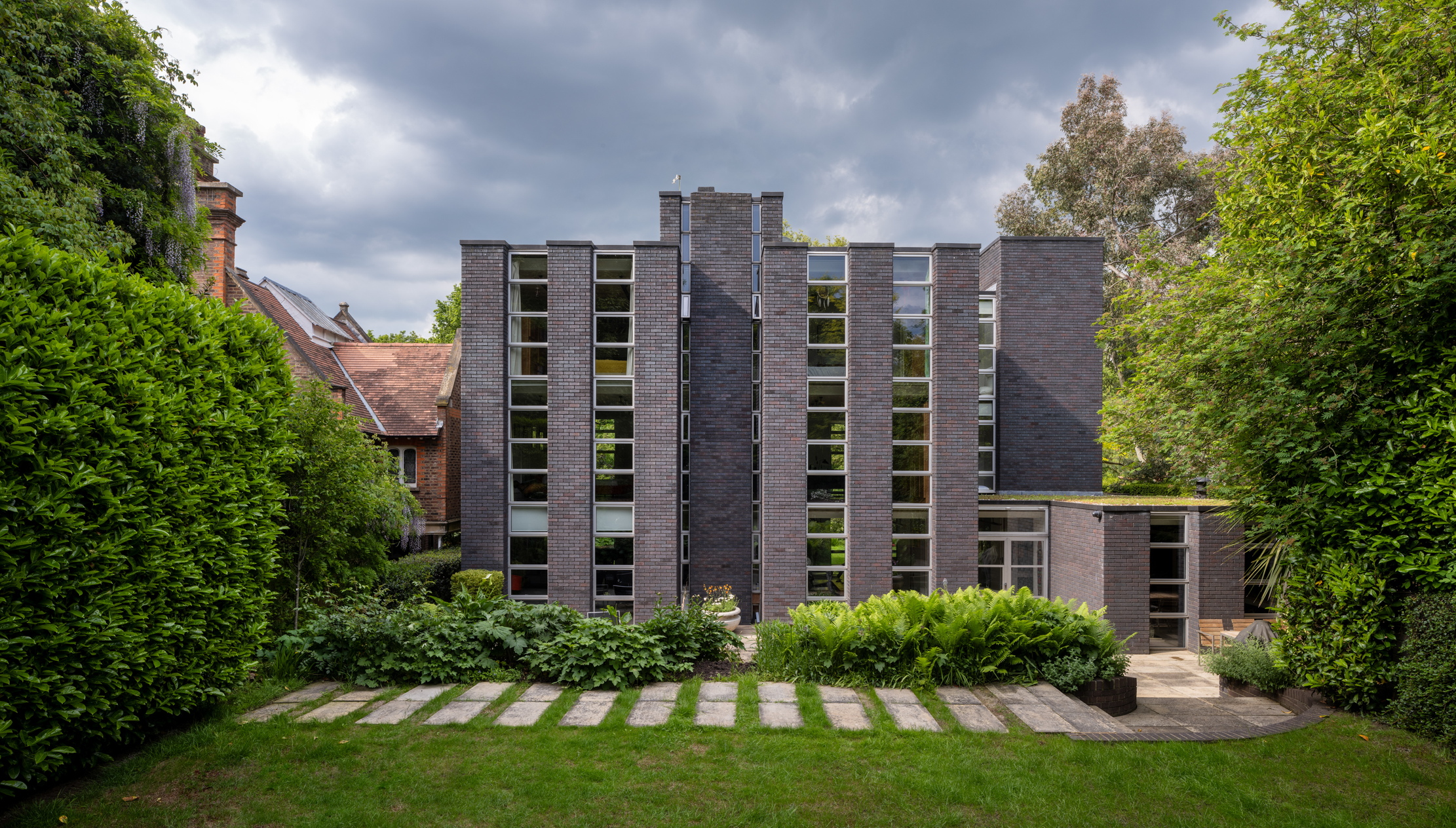 Schreiber House, 'the most significant London townhouse of the second half of the 20th century', is up for sale
Schreiber House, 'the most significant London townhouse of the second half of the 20th century', is up for saleThe five-bedroom Modernist masterpiece sits on the edge of Hampstead Heath.
By Lotte Brundle Published
-
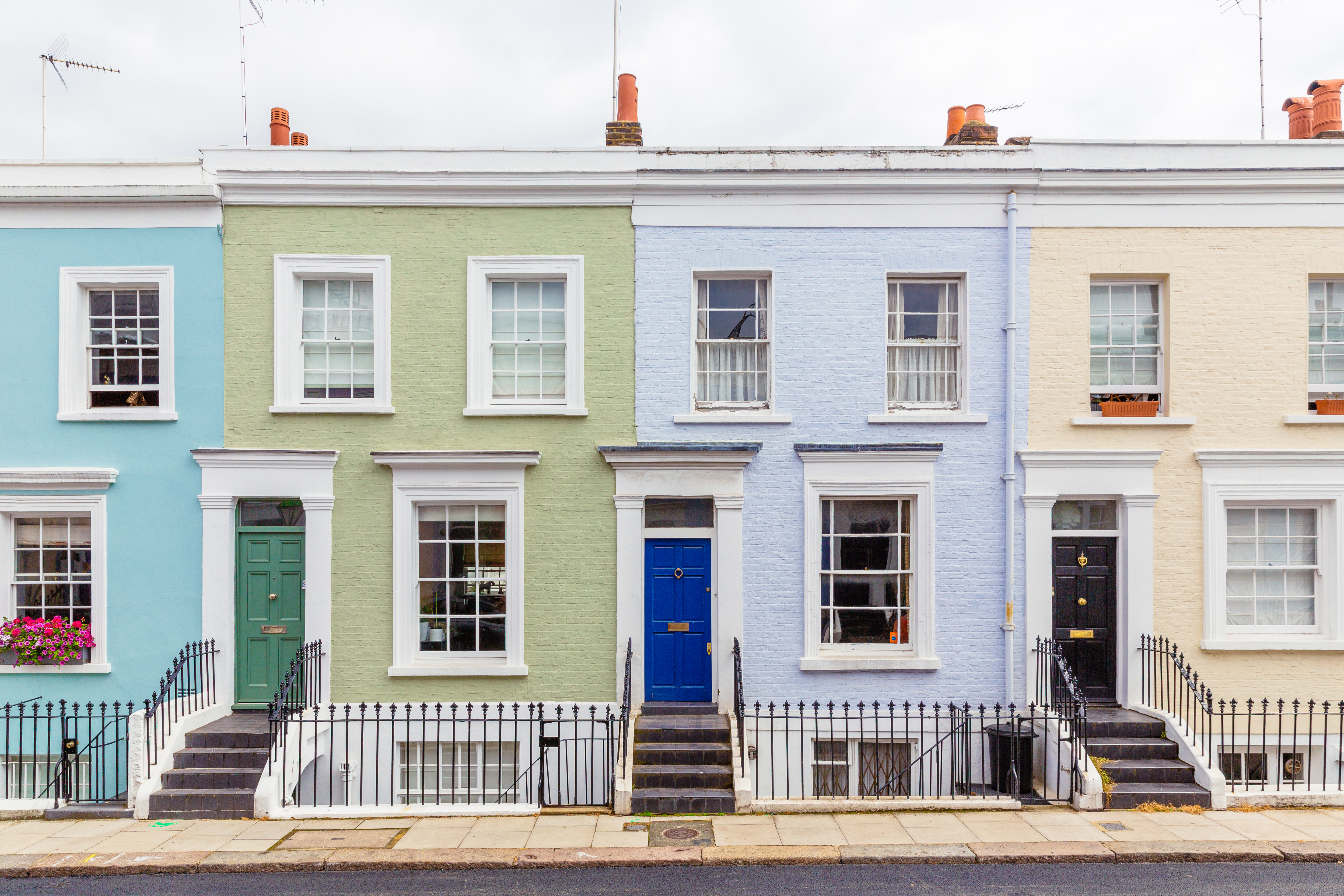 London is the place for me* (*the discerning property buyer)
London is the place for me* (*the discerning property buyer)With more buyers looking at London than anywhere else, is the 'race for space' finally over?
By Annabel Dixon Last updated
-
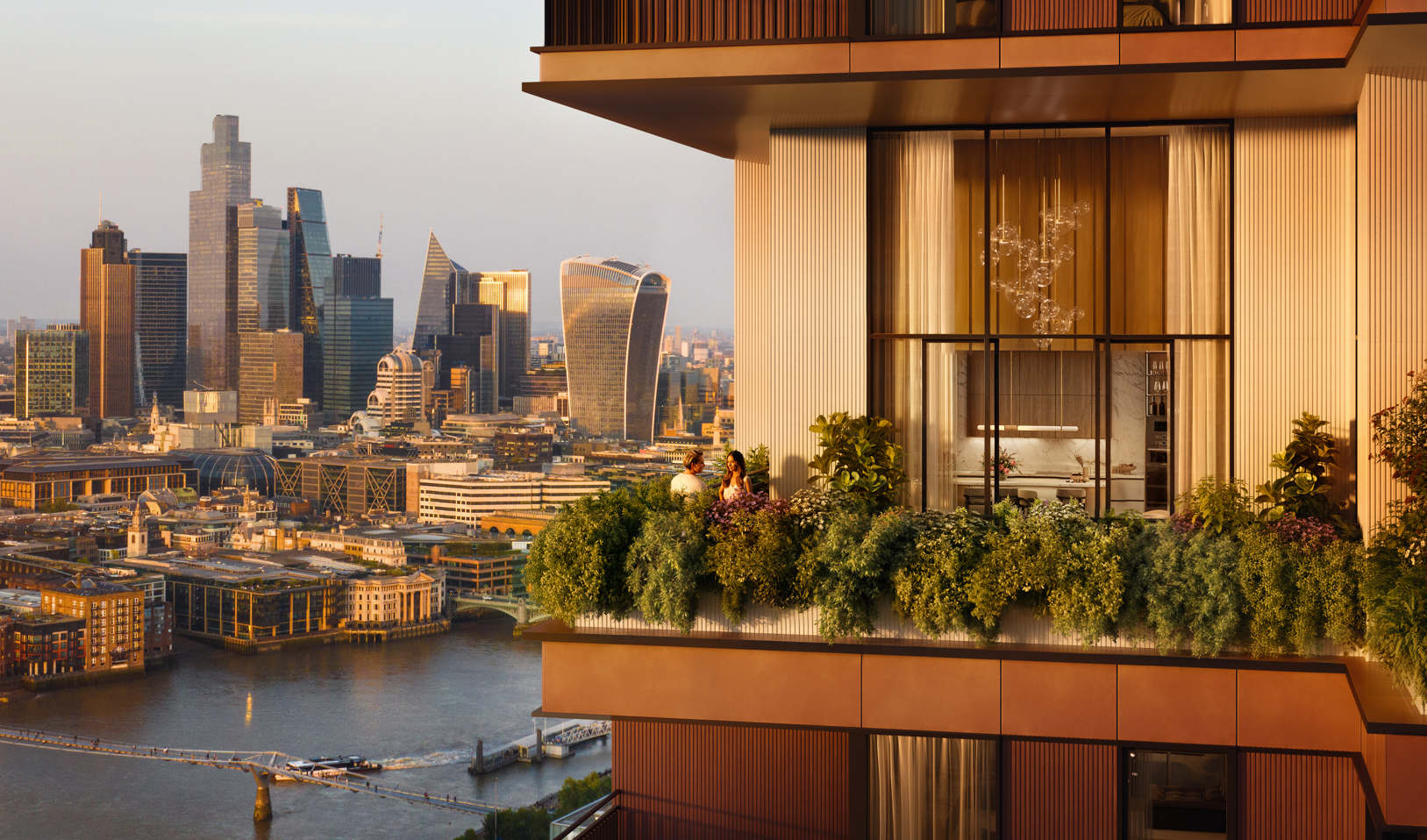 What's a 'wellness village' and will it tempt you back into the office?
What's a 'wellness village' and will it tempt you back into the office?The team behind London's first mixed-use ‘wellness village’ says it has the magic formula for tempting workers back into offices.
By Annunciata Elwes Published
-
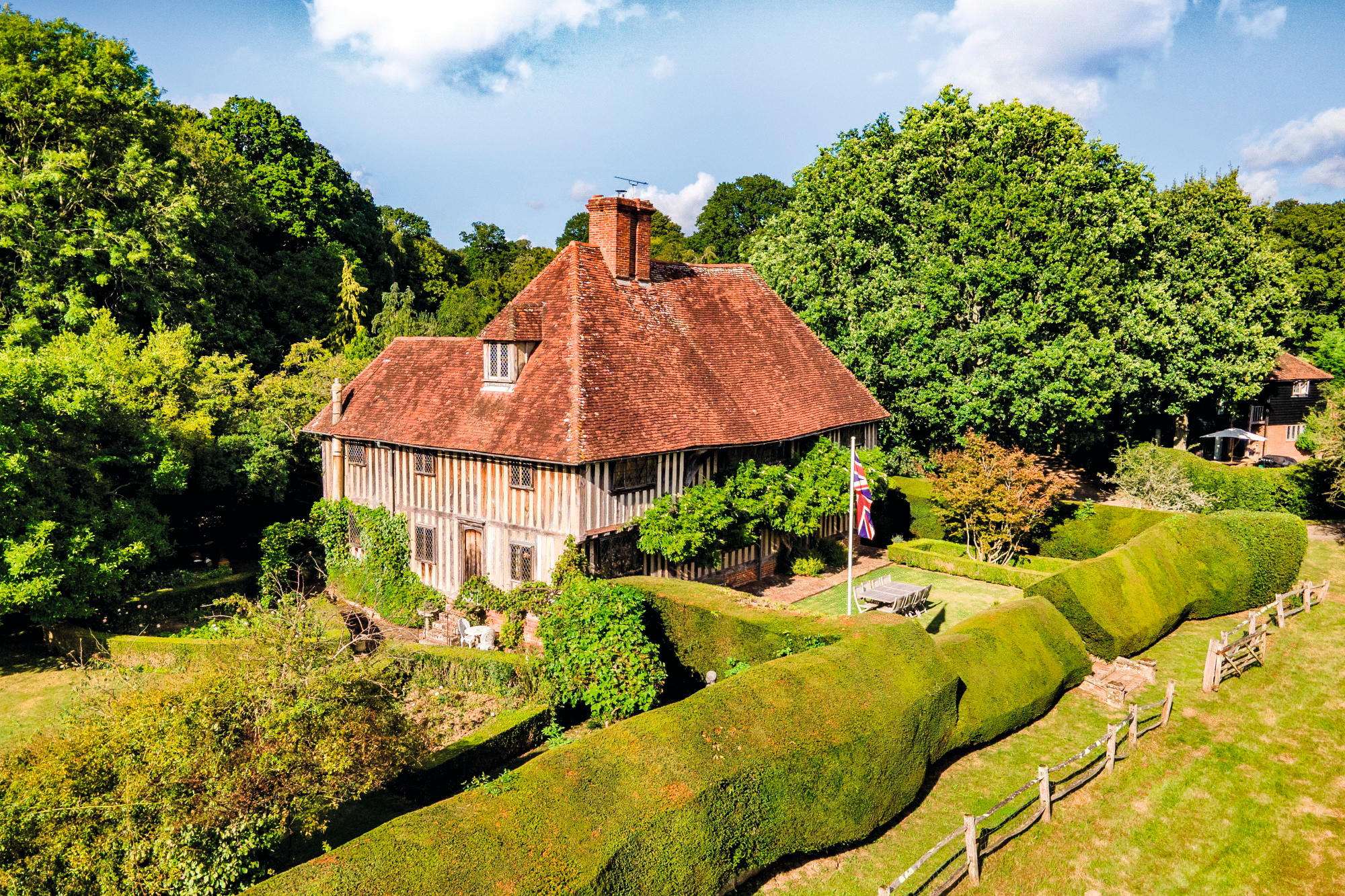 A mini estate in Kent that's so lovely it once featured in Simon Schama's 'History of Britain'
A mini estate in Kent that's so lovely it once featured in Simon Schama's 'History of Britain'The Paper Mill estate is a picture-postcard in the Garden of England.
By Penny Churchill Published
-
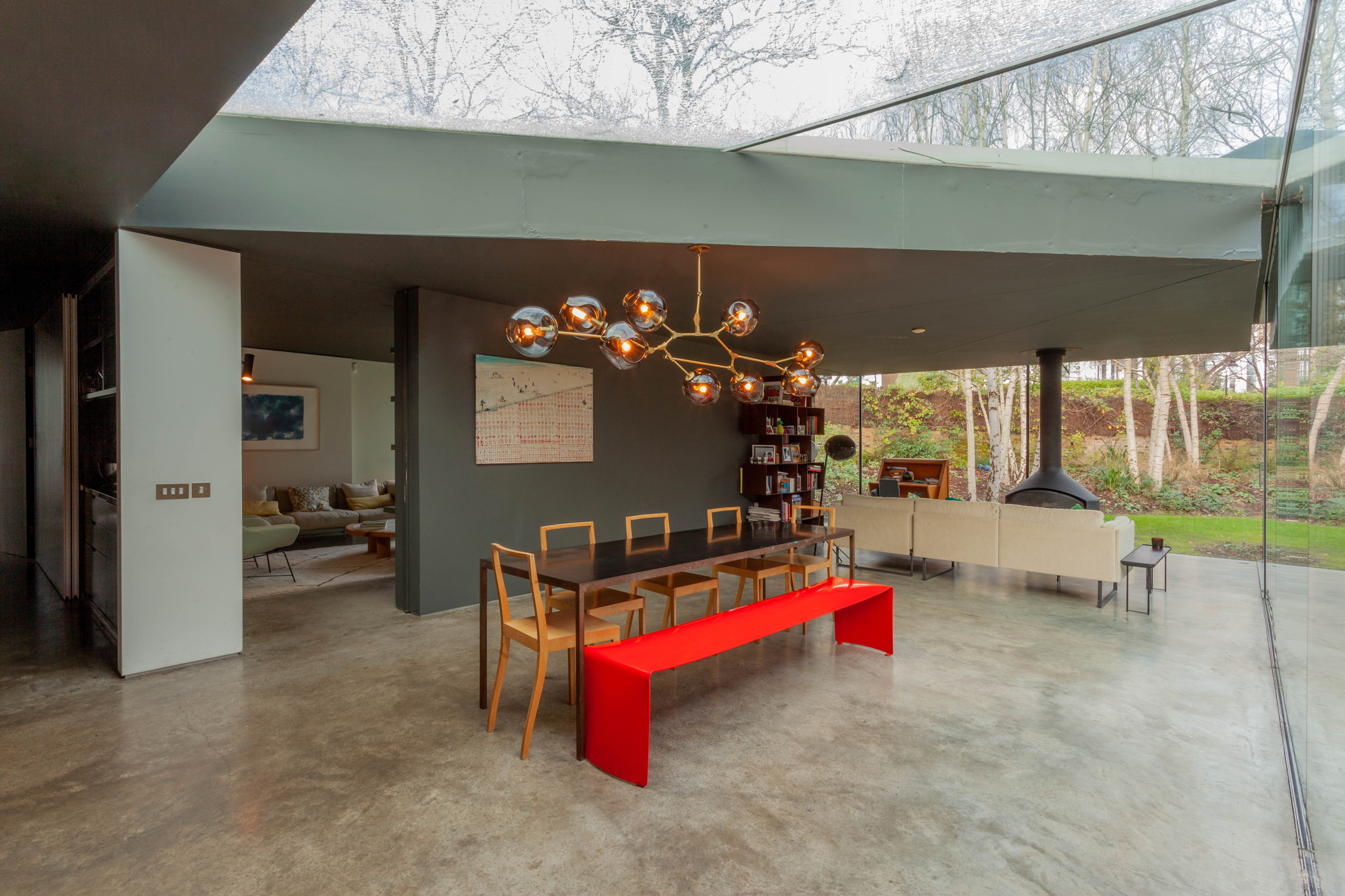 Hidden excellence in a £7.5 million north London home
Hidden excellence in a £7.5 million north London homeBehind the traditional façades of Provost Road, you will find something very special.
By James Fisher Published
-
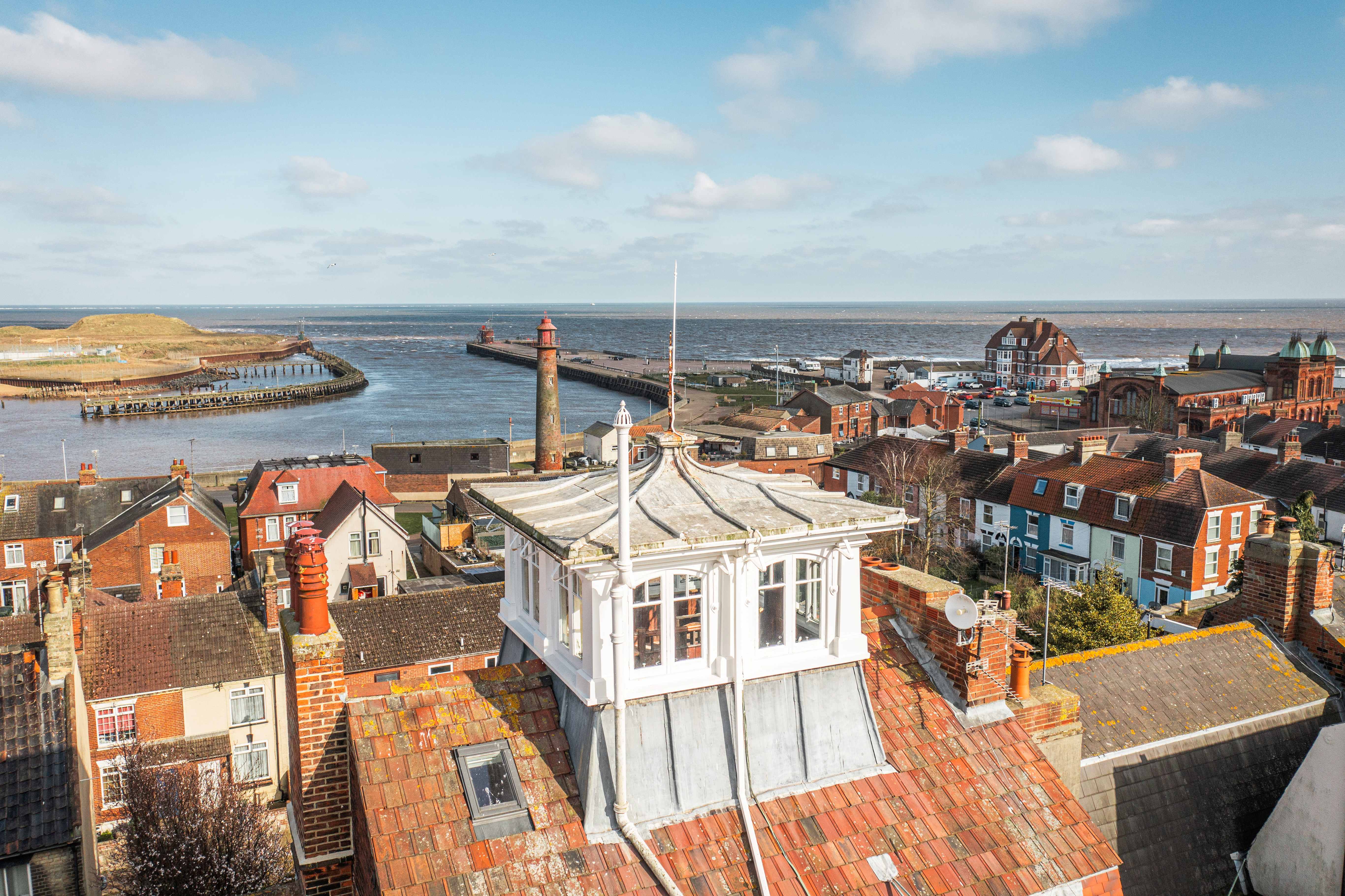 Sip tea and laugh at your neighbours in this seaside Norfolk home with a watchtower
Sip tea and laugh at your neighbours in this seaside Norfolk home with a watchtowerOn Cliff Hill in Gorleston, one home is taller than all the others. It could be yours.
By James Fisher Published
-
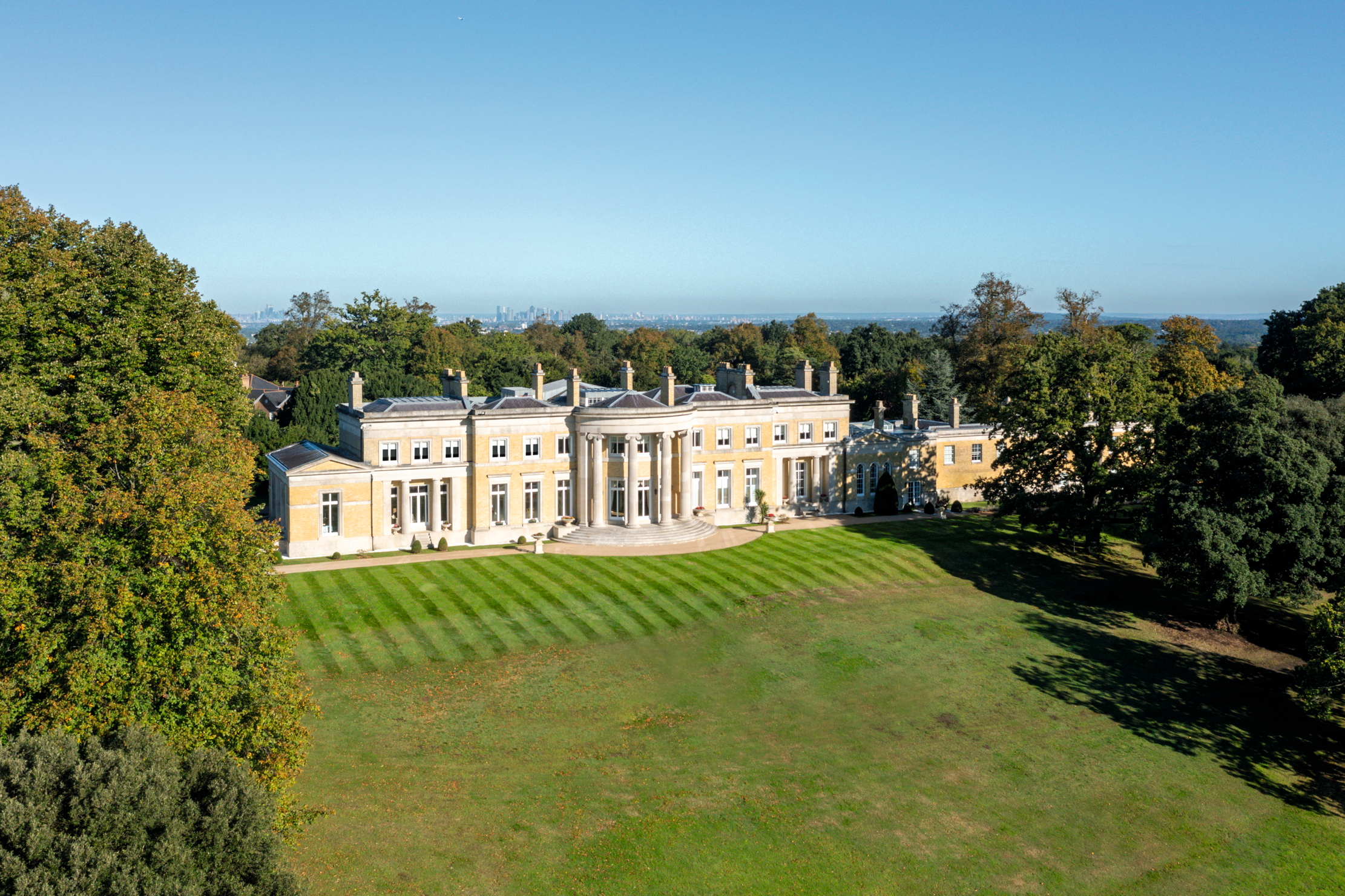 A Grecian masterpiece that might be one of the nation's finest homes comes up for sale in Kent
A Grecian masterpiece that might be one of the nation's finest homes comes up for sale in KentGrade I-listed Holwood House sits in 40 acres of private parkland just 15 miles from central London. It is spectacular.
By Penny Churchill Published
-
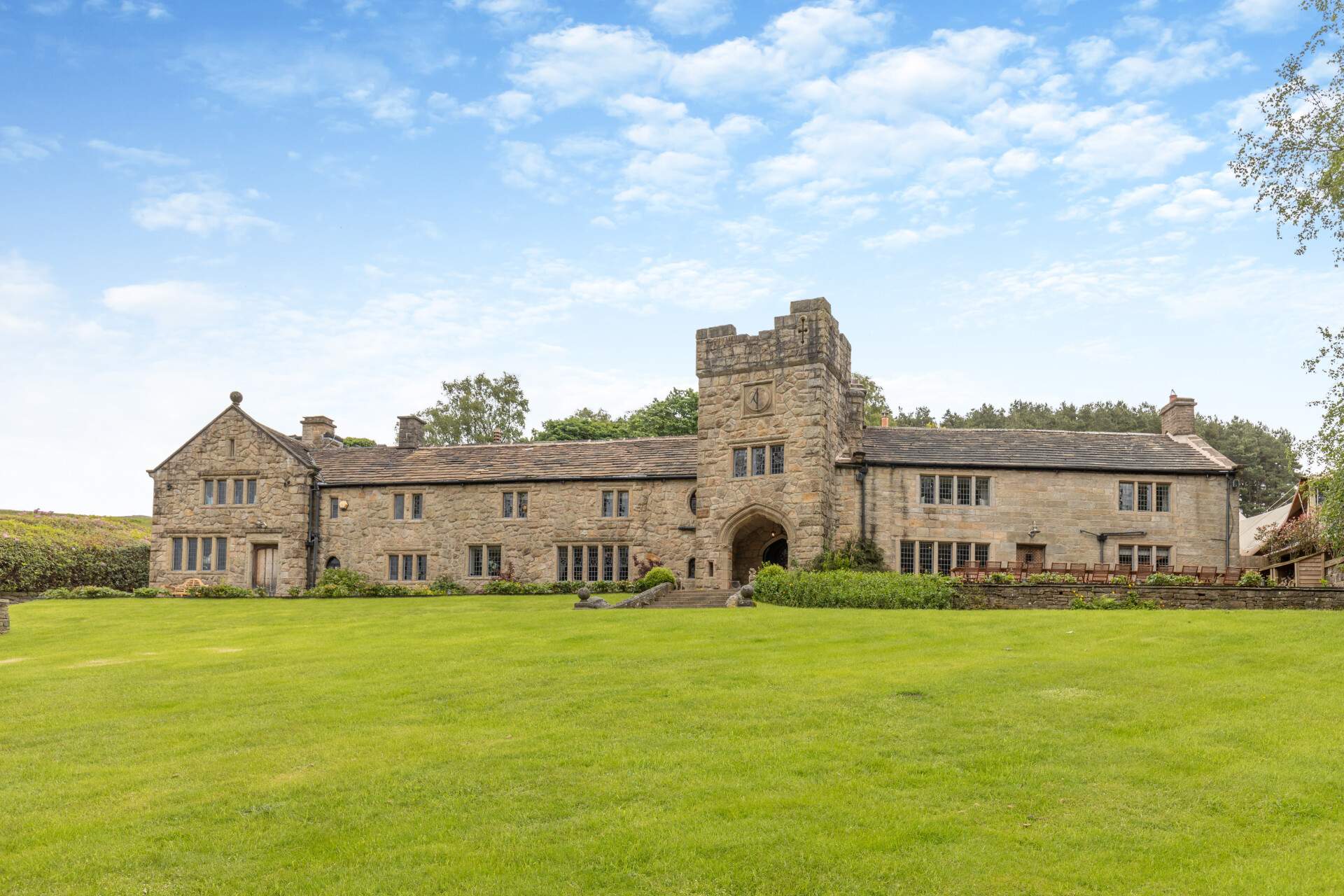 Some of the finest landscapes in the North of England with a 12-bedroom home attached
Some of the finest landscapes in the North of England with a 12-bedroom home attachedUpper House in Derbyshire shows why the Kinder landscape was worth fighting for.
By James Fisher Published
